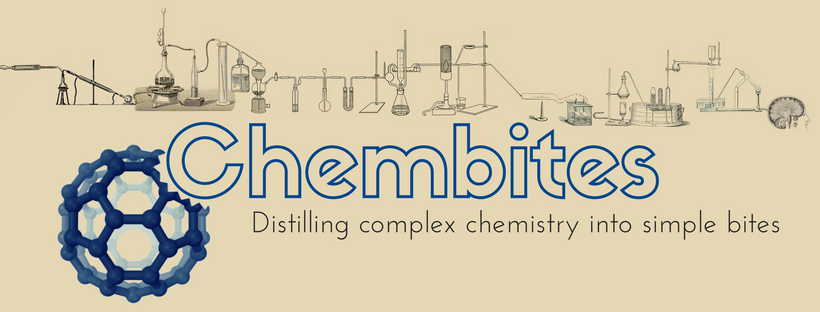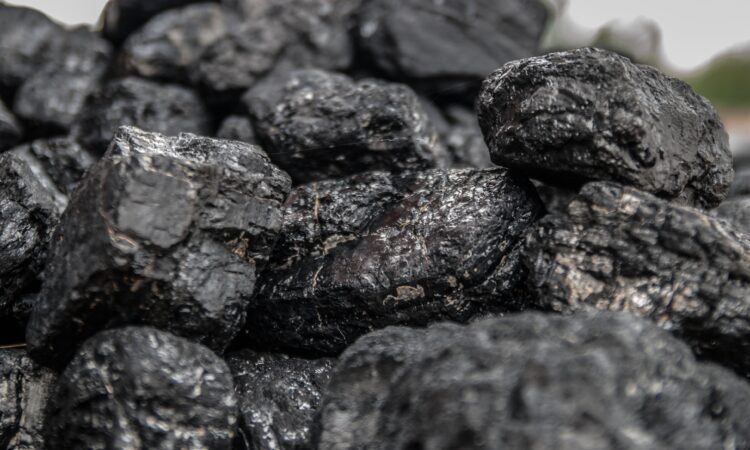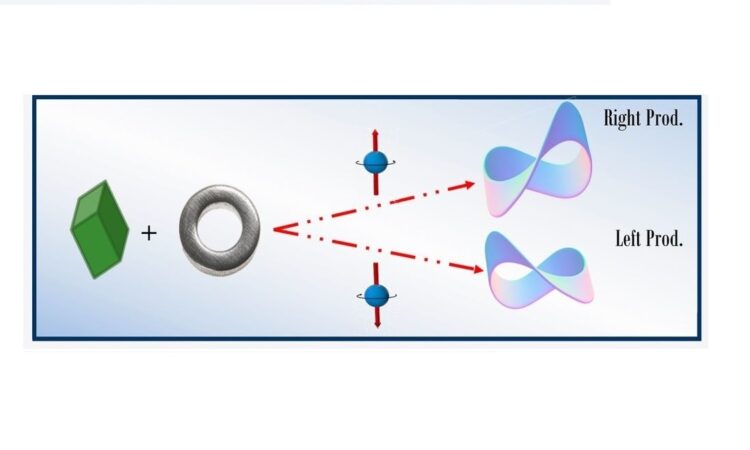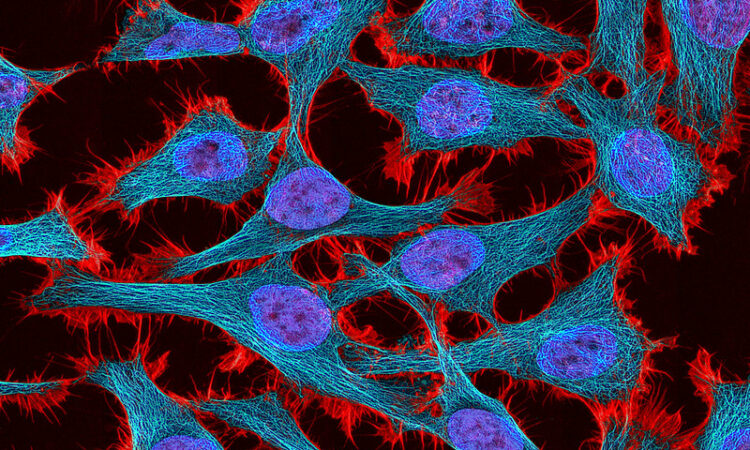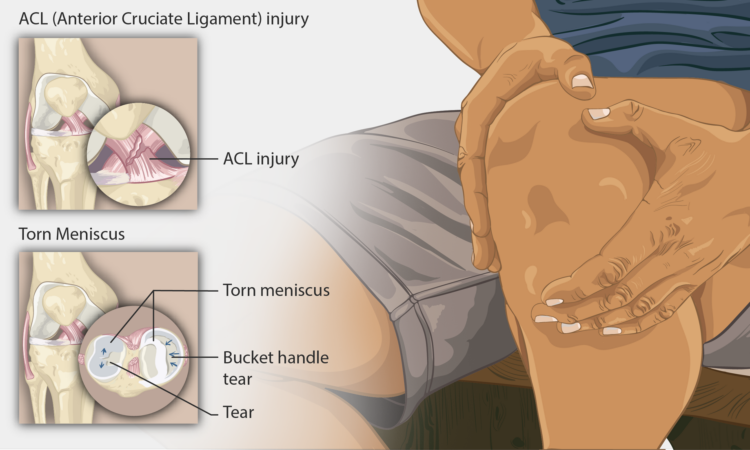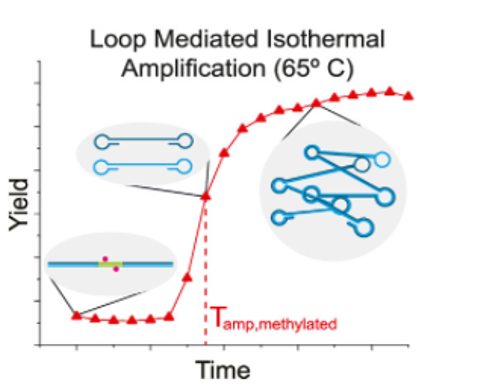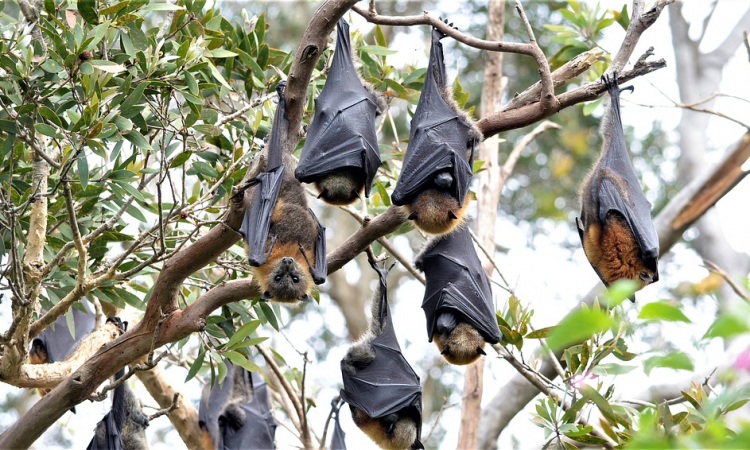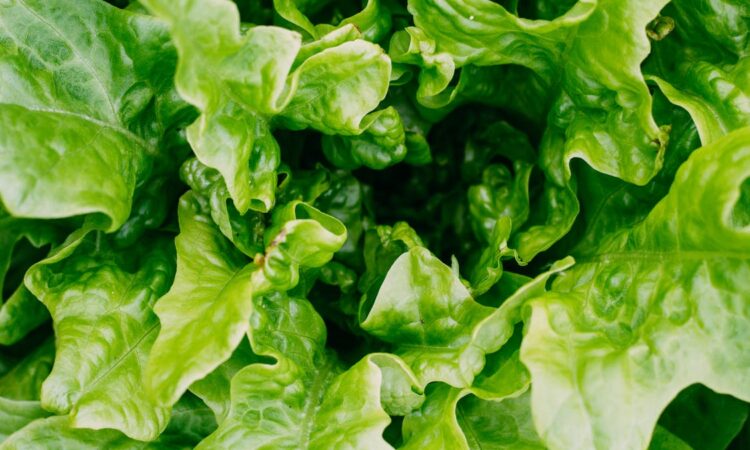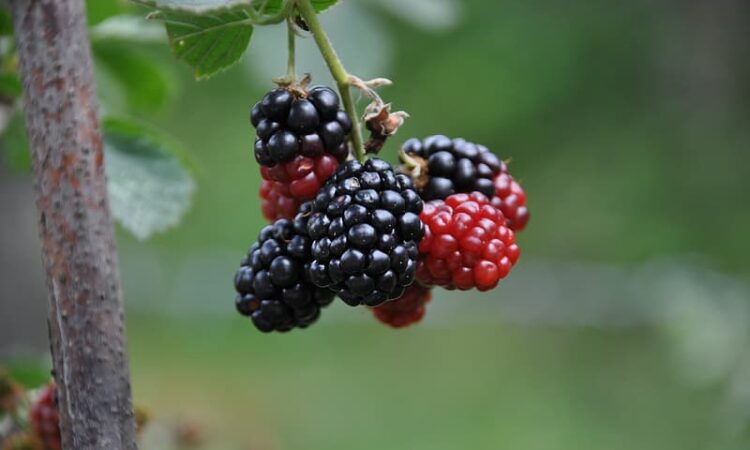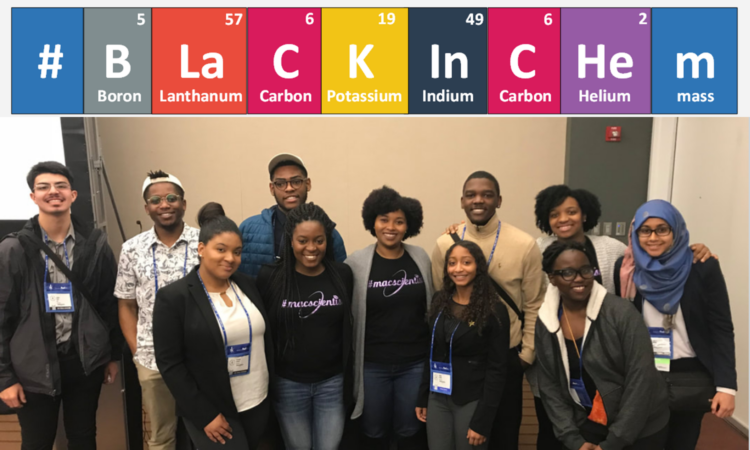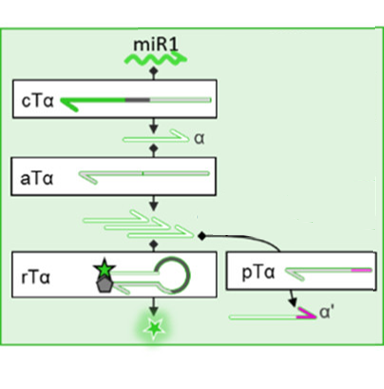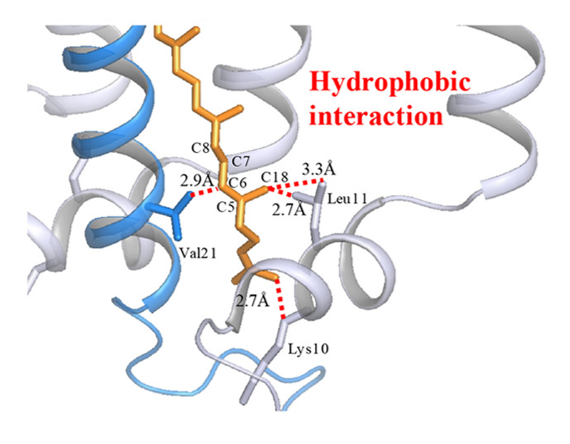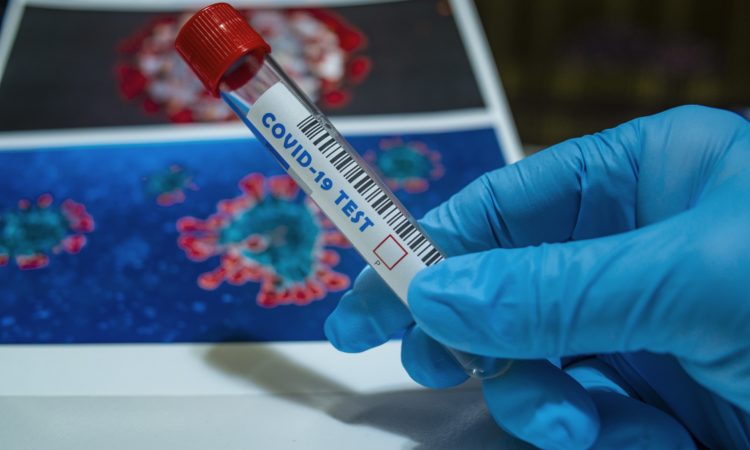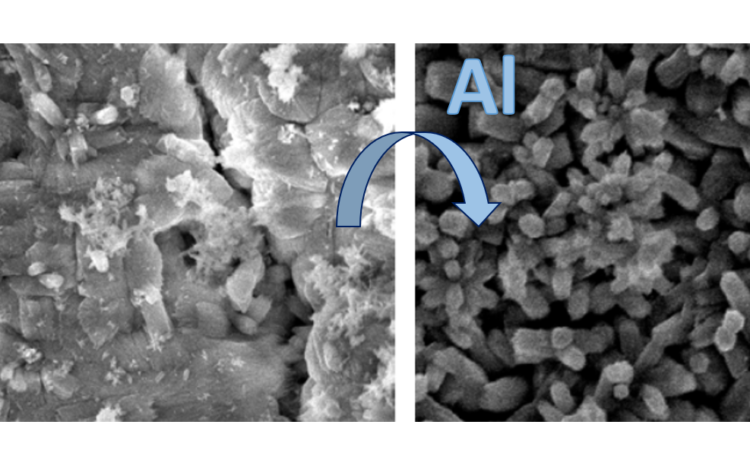The relationship between humans and this strange sediment may go back further than you think…
Jet Engine Oils Cause Ultra-Fine Particle Concentrations to Take Off
Title: Nucleation of jet engine oil vapours is a large source of aviation-related ultrafine particles.Authors: Florian Ungeheuer, Lucía Caudillo, Florian Ditas, Mario Simon, Dominik van Pinxteren, Doğuşhan Kılıç, Diana Rose, Stefan Jacobi, Andreas Kürten, Joachim Curtius & Alexander L. VogelJournal: Communications Earth & EnvironmentYear: 2022 Earth’s…
Soaking up the sand: using solvents to detect chemical warfare agents
Researchers explore the best options for extracting nitrogen mustards, a chemical warfare agent, from sand.
Electron spin selectivity effects can be harvested in asymmetric catalysis
A deeper understanding of spintronics enables the generation of new technologies using chiral molecules.
Identifying toxic pesticides with microbial electricity
Some pesticides function similarly to the nerve agent sarin, and their ubiquitous use makes them a constant health hazard if unmonitored. Chemists designed a dual-microbe sensor to selectively and sensitively determine when the hazardous chemicals are nearby.
Novel Fluorogenic Probes Provide Polarity Specific Detection of Cancer Cell Membranes
Development of novel fluorogenic probes provide valuable insights regarding the polarity of cancer cell membranes.
Greener materials for the next generation of solid fuels
Greener materials and processes for fuels and explosives! Scientist demonstrate how to tune a class of porous materials that ignite spontaneously when mixed with acid.
Identifying bum knees before injury with laser light
Raman spectroscopy can identify the extent of meniscus damages in knees before serious injury occurs.
More than just genes: looking for disease markers in methylated DNA
A tiny methyl group (one carbon bound to three hydrogen atoms) can be a big marker for disease.
Looking for Viruses in Wild Bats
Cataloguing viruses in bats and other animals may help predict or trace viral transmission to humans in the future.
Antibiotics in our food?
Antibiotics are all something we have all taken at one point or another – but how many of us wonder about what happens to those antibiotics next? When we stop and think about it, we might start to realise how our actions are unintentionally impacting the environment around us.
How God views Chemistry is ultra cool!
The world which we perceive is governed by the laws of classical mechanics. Whereas when we bring down the temperature conditions of a reaction to the ultracold regime, we start appreciating the reactions’ true nature.
Science of Soot
A new look on the chemistry occurring inside a flame!
Molecular tweezers pick viral membranes apart
While most scientists search for specific treatments for viruses like Ebola, Zika and SARS-Cov-2, non-specific methods can have broad impact. Researchers from the United States and Germany joined forces to make molecular “tweezers” that pick apart viruses to death.
Boiling mulberry juice increases its anti-cancer properties
Black mulberry juice is a known antioxidant – compounds that can consume free radicals before they can harm your cells. Researchers at Guangdong University also show that boiling mulberries increases its ability to treat colon cancer in cell culture, but not through antioxidant mechanisms.
#BlackInChem: Creating Support and Community for Black Women in STEM
Devin Swiner, one of the founders for #BlackInChem, shares what’s she’s learned, the hard-won wisdom she has earned as a Black woman in analytical chemistry.
Biochemical Circuits: Modular Systems for Disease Detection
Instead of the wires, batteries, and light bulbs used in electric circuits, biochemical circuits use DNA and enzymes to get the job done.
Monitoring Vital Signs with Temporary Tattoos
Skin-conforming, ultra-thin wearable medical sensors could make going to the doctor less invasive than ever before. This newly developed, “tattooable” sensor uses a newly developed material to create one of the thinnest yet.
Life in the Hot Springs: Bacterial Tricks for Thermal Stability
When cooking an egg, heat denatures proteins in the egg. How does a thermophilic bacteria prevent its proteins from denaturing too?
Monitoring plant maturation with a Wack reaction
When the authors’ blurb about their own work is “Okay, bloomer,” you know you have to read it.
Catching it Early: New Ways of Detecting Coronavirus
Coronavirus has affected every one of us directly or indirectly. Early detection can lower the spread of the disease. Let’s learn about a new technique for rapid detection of SARS-CoV-2, the virus responsible for COVID-19.
From Lead Pipes to Contaminated Drinking Water: Lead’s Chemical Accomplices
Lead pipes still exist in older infrastructure, but chemical water treatment can prevent (or increase!) the release of lead from the pipes to drinking water.
Road Salt Impacts the Atmosphere
A surprising new source of chlorine to the atmosphere: road salt!
How effective are fabric masks?
The COVID-19 global pandemic has affected nearly every aspect of our lives, including the daily use of face masks. But how well do home-made fabric masks really filter the air we breathe?
What a shock: material changes can impact charge
The amount of charging on an object changes when it is folded or unfolded.
